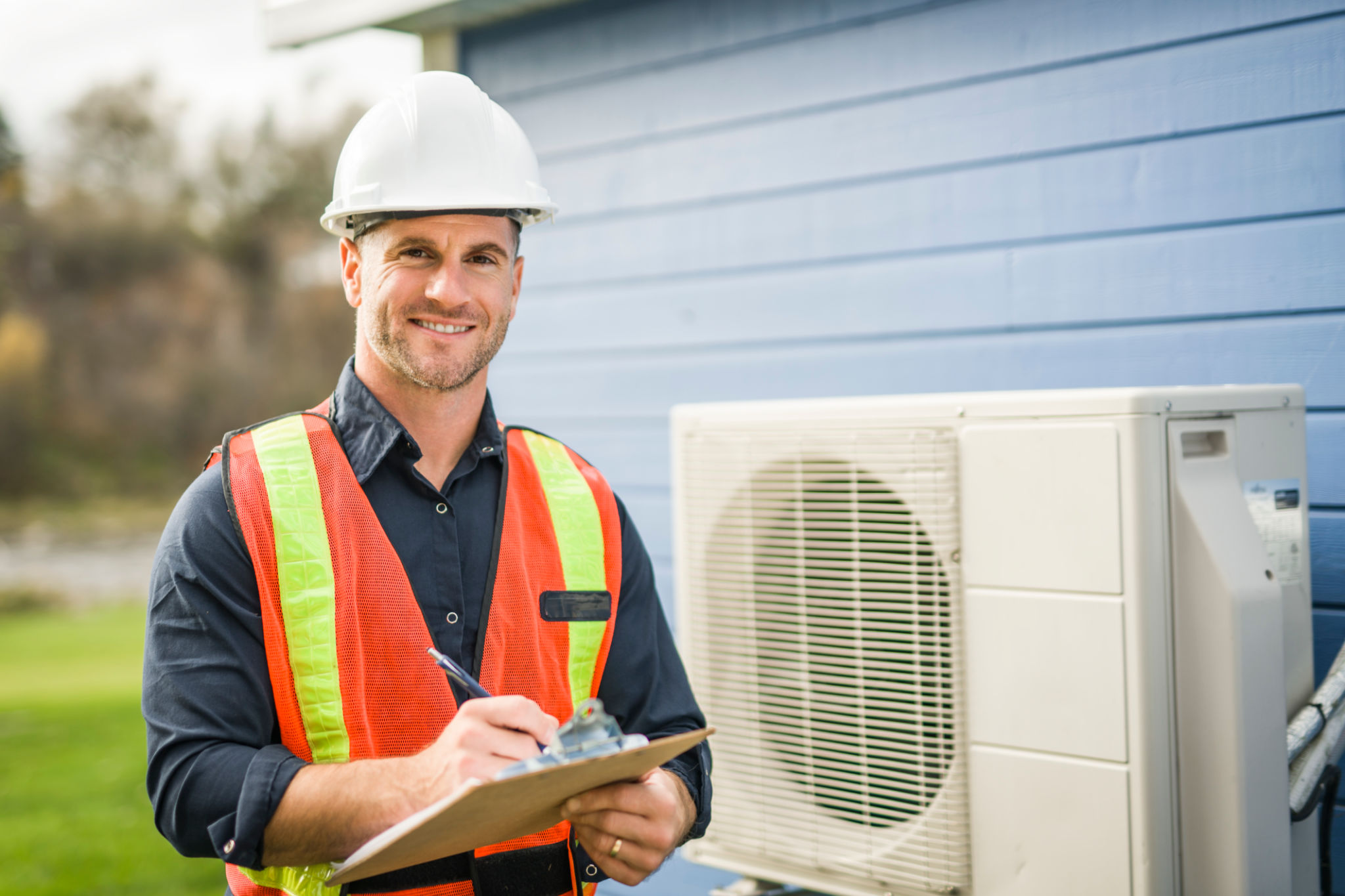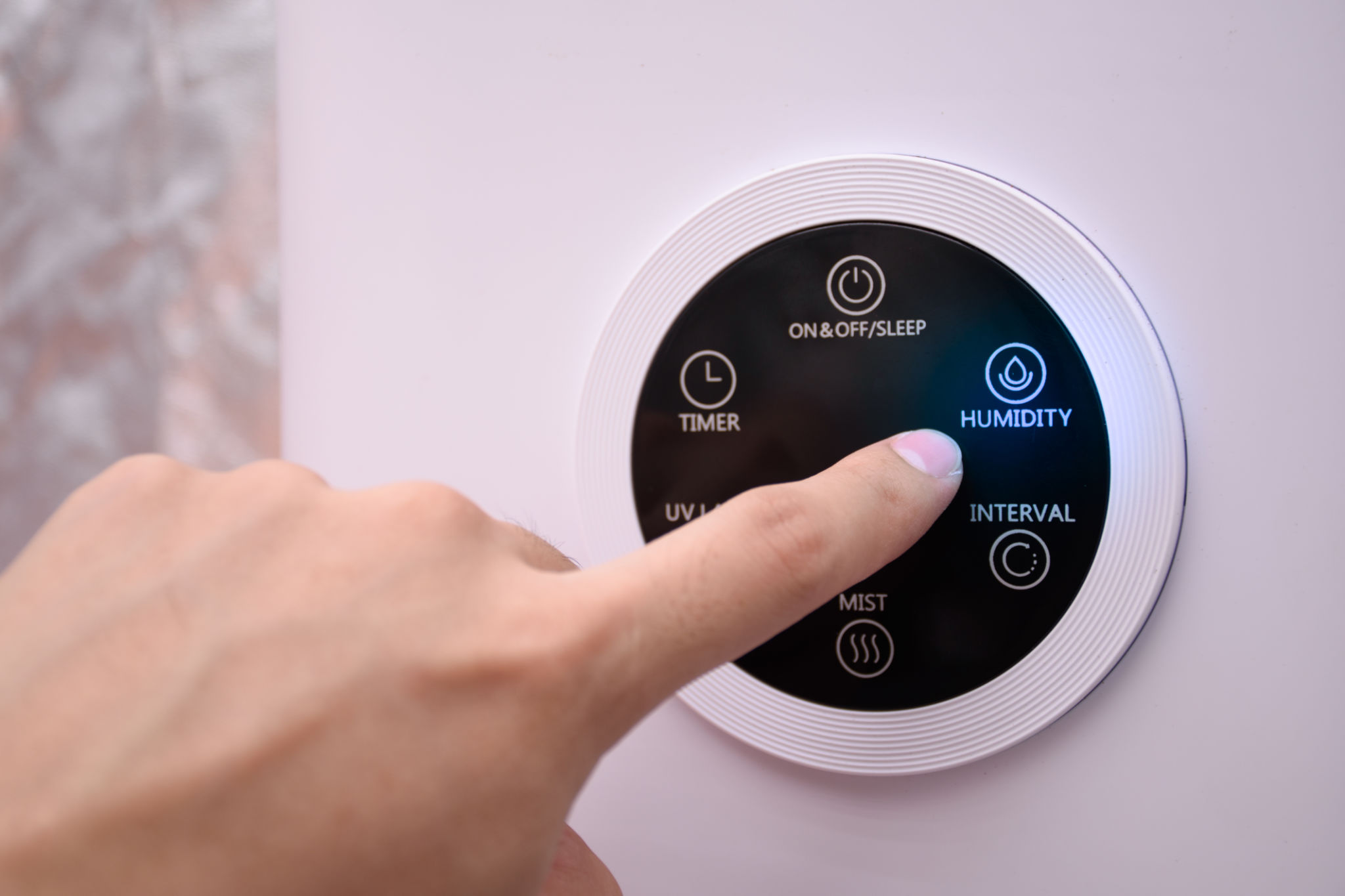Expert Insights: The Impact of Arizona's Climate on Your HVAC System
RA
Understanding Arizona's Climate
Arizona is renowned for its unique and challenging climate, characterized by extremely hot summers and mild winters. These conditions present specific challenges that homeowners need to consider, especially when it comes to maintaining an efficient HVAC system. The intense heat can significantly impact how your HVAC system performs, affecting both its efficiency and longevity.

The state's arid climate means that air conditioning units often work overtime during the summer months. It's essential to understand how these environmental factors can influence the operation and maintenance of your HVAC system.
How Heat Affects Your HVAC System
The prolonged high temperatures in Arizona place a considerable strain on HVAC systems. Air conditioners need to run longer and more frequently, which can lead to increased wear and tear. This constant usage can cause parts to wear out faster, necessitating more frequent repairs and replacements.
Moreover, the efficiency of an air conditioning unit tends to decrease as the temperature rises. This means that your system may consume more energy to provide the same level of cooling, leading to higher energy bills.

Maintaining Your HVAC System
Proper maintenance is crucial to ensuring your HVAC system can withstand Arizona's harsh climate. Regular servicing and inspections can help identify issues before they become significant problems. This includes checking refrigerant levels, cleaning or replacing filters, and inspecting ductwork for leaks or obstructions.
Investing in a programmable thermostat can also be beneficial. It allows for better control over your home’s temperature, reducing the strain on your HVAC system during peak hours.
The Role of Humidity
While Arizona is known for its dry heat, there are periods when humidity levels can rise, particularly during monsoon season. This increase in humidity can also impact your HVAC system's performance. High humidity levels force the system to work harder to remove moisture from the air, which can further amplify energy usage and wear on the system.

It's advisable to consider systems with dehumidification features or invest in a separate dehumidifier to enhance comfort and efficiency during these times.
Choosing the Right HVAC System
Given the specific demands of Arizona's climate, choosing the right HVAC system is paramount. Homeowners should look for energy-efficient units that are designed to withstand high temperatures. Systems with a higher SEER (Seasonal Energy Efficiency Ratio) rating are recommended, as they provide better efficiency under extreme conditions.
Consulting with a local HVAC expert can provide valuable insights into which systems are best suited for Arizona's unique climate conditions.
Conclusion: Staying Cool in Arizona
Arizona's climate poses distinct challenges for HVAC systems, but with proper maintenance and the right equipment, homeowners can ensure their systems operate efficiently and effectively. Regular maintenance, strategic upgrades, and a focus on energy efficiency can help manage the impact of the state's extreme weather conditions on your HVAC system.
By understanding these factors and taking proactive steps, you can keep your home comfortable throughout the year while extending the life of your HVAC system.
